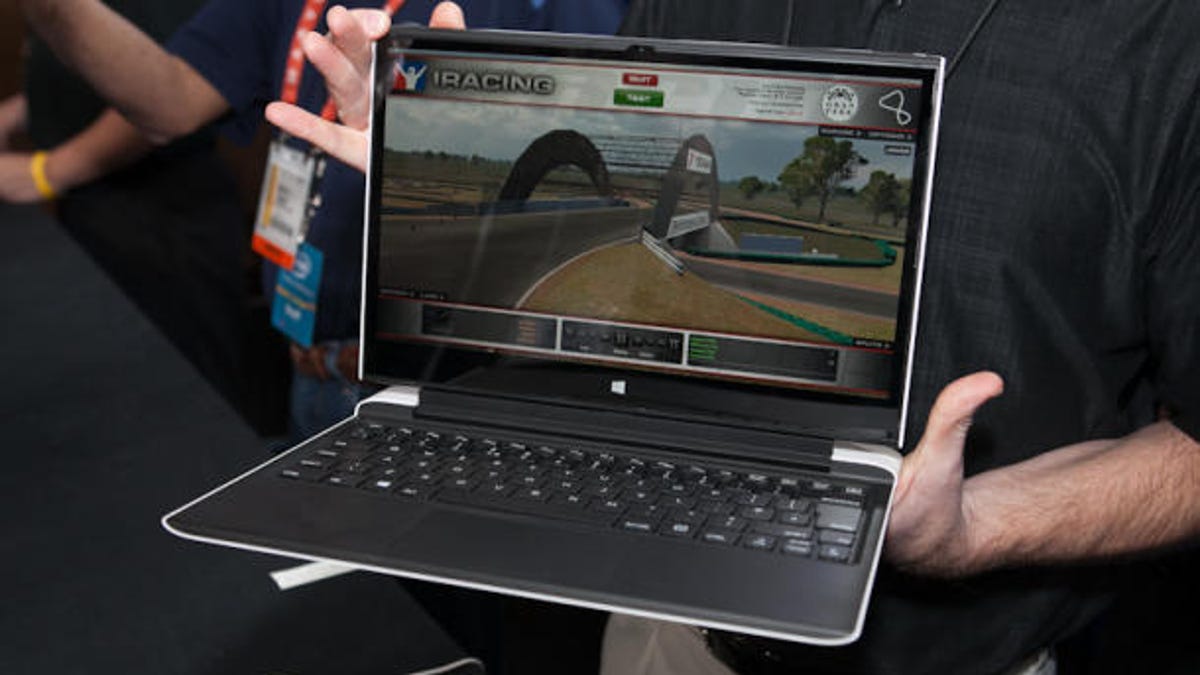Haswell chip notebooks won't save PC sales, says analyst
Intel's next-generation Haswell chip may reawaken interest in PCs but won't permanently boost sales, according to a J.P Morgan analyst.

PC sales are in the dumps, and not even a promising new chip from Intel may be enough to revive them, believes J.P Morgan analyst Mark Moskowitz.
The computer industry took it on the chin yesterday after both IDC and Gartner revealed that first-quarter shipments reached their lowest point in years. IDC fingered Windows 8 for failing to pump up PC sales but also blamed the weak economy and consumer demand for smartphones and tablets.
PC makers have been awaiting the arrival of Intel's new Haswell chip, which promises higher performance and lower power consumption. As such, the chip is being targeted for a new generation of ultra-light notebooks and laptop/tablet hybrids. Intel's CEO recently said that Haswell will offer "the single largest generation-to-generation battery life improvement in Intel history."
The new chip is already being shipped to PC makers and is set to launch later this quarter, a source close to Intel recently told CNET. Haswell sounds like the ticket to spur sales of ultrabooks and hybrids. But Moskowitz doesn't exactly see it as the Holy Grail.
In an investors note out today, the analyst conceded that Haswell could spur consumer interest for notebooks later year but won't stem the tide of falling sales:
The new CPU stands to offer lower power consumption that could improve the attractiveness of ultra-thin notebook PCs, which have been slow to take off in the marketplace. We continue to think that this rollout could help revive interest in PCs, particularly ultra-thin notebook PCs, but after the incremental deterioration in PC demand in 1Q, we think that the Haswell-related demand lift may not be enough to prop up the PC growth profile.
Prior to yesterday's reports from IDC and Gartner, Moskowitz felt the PC market could start to bottom out over the near to mid term. But now the analyst is less optimistic.
The huge decline in PC shipments in Asia-Pacific is of special concern as that region was expected to buoy the market later this year and next.
The weak PC market is also likely to have a ripple effect.
"As the PC market continues to contract, there could be increasing competitive pressures," Moskowitz said. "Plus, we think that PC OEMs (original equipment manufacturers) could start to pressure component suppliers for bigger price breaks."

